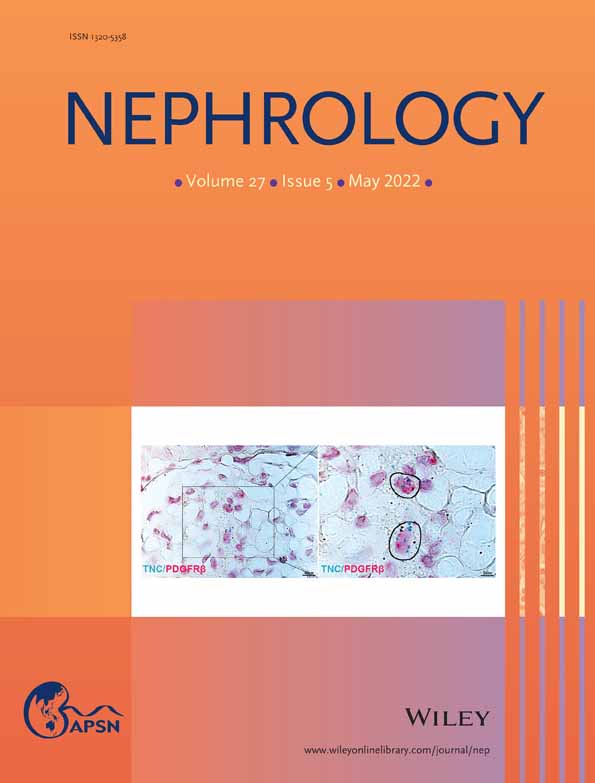Exploring rural and remote patients' experiences of health services for kidney disease in Aotearoa New Zealand: An in-depth interview study
Funding information: Kidney Health New Zealand
Abstract
Aims
People with chronic kidney disease (CKD) living in rural communities have increased risks of death, morbidity, hospitalization and poorer quality of life compared with people with CKD living in urban areas. This study explores the experiences and perceptions of rural and remote patients and families in relation to accessing health services for kidney disease in Aotearoa New Zealand.
Methods
We conducted an In-depth interview study. We purposively sampled adult patients with CKD and their caregivers who lived further than 100 km (62 miles) or more than 1 h drive from their nearest dialysis or transplant centre. Qualitative data were analyzed inductively to generate themes, subthemes and a conceptual framework.
Results
Of 35 participants, including 26 patients and nine caregivers, 51% were female, 71% travelled between 1 and 3 h to their nearest renal unit, and the remainder, between 3 and 6 h. We identified five themes and related subthemes: intense psychological impact of rurality; pressure of extended periods away from home; services not designed for rural and remote living; suffering from financial losses; and poor communication.
Conclusion
Rural and remote patients with CKD and their caregivers face the added challenges of separation from family, social and community support and financial burden, which can have profound consequences on their psychological and physical well-being and that of their families.




